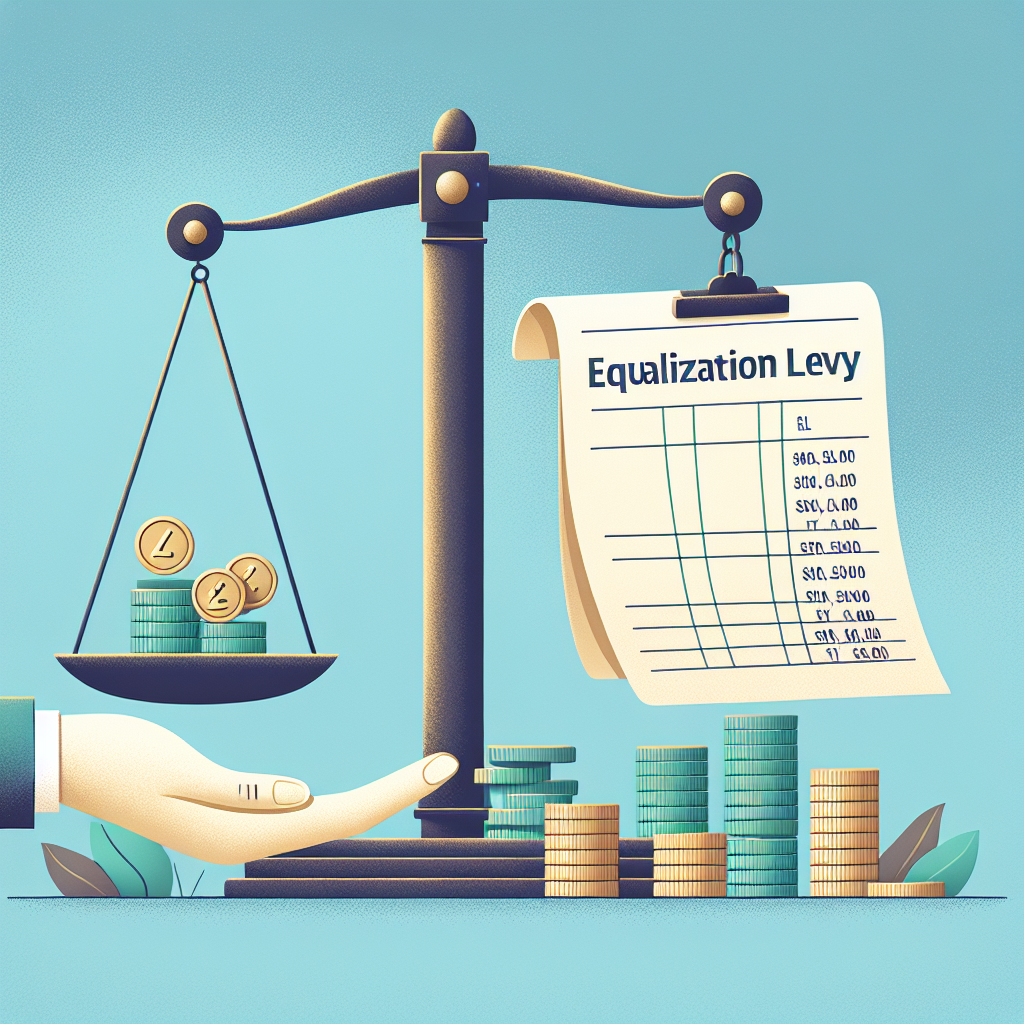India Moves to Abolish Equalisation Levy on Digital Ads, Easing Tensions with the US
The Indian government has proposed abolishing the Equalisation Levy on online advertisements, effective April 1, 2025, benefiting advertisers on platforms like Google and Meta. This move is seen as a gesture to ease trade tensions with the US, which had threatened reciprocal tariffs.

- Country:
- India
The Indian government announced on Monday its proposal to abolish the Equalisation Levy, a digital tax on online advertisements. Slated to take effect on April 1, 2025, this policy change will relieve advertisers using platforms such as Google and Meta. The move forms part of 59 amendments to the Finance Bill, introduced by Minister of State for Finance, Pankaj Chaudhary, in the Lok Sabha.
The abolition of the 6 per cent levy, introduced in 2016 and extended in scope in 2020 to include e-commerce transactions, aligns with government efforts to simplify income tax legislation and maintain amicable trade relations with the US. Experts say this policy shift reflects India's willingness to show flexibility amid growing international trade challenges.
In addition to the proposed abolition of the Equalisation Levy, the government is also amending laws to facilitate less onerous offshore fund investments, revising tax assessments under search and seizure provisions, and clarifying income tax returns. These changes are aimed at ensuring more certainty for taxpayers and addressing international trade concerns.
(With inputs from agencies.)
ALSO READ
South Korea hopes to use break in weather to contain deadly wildfires
Suspected US strikes pummel Houthi-controlled areas of Yemen
Rubio says he expressed US concerns to Turkey after arrest of Istanbul mayor
GLOBAL MARKETS-Asia stocks slide, gold hits record high on US tariffs
UPDATE 1-Rubio voices US concerns to Turkey after arrest of Istanbul mayor










